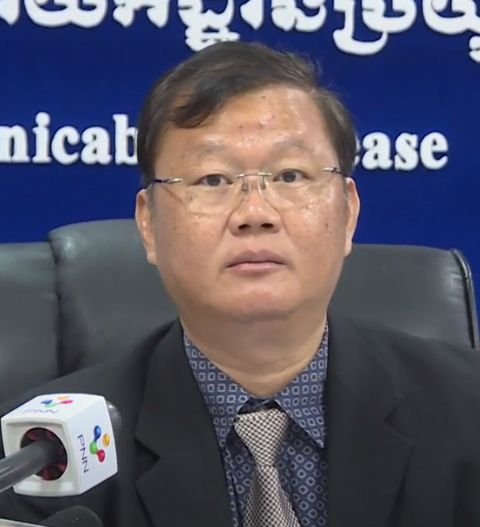SE010
A systems approach and reflections from Cambodia's COVID-19 response
15
Jan
ORGANIZER
- FHI 360
As countries’ health systems face the adverse effects of the corona virus 2019 pandemic (COVID-19), new approaches must surface to make health systems stronger and resilient to ongoing and future shocks. This session will discuss recent health systems strengthening approach used in Cambodia as it confronts it’s needs for a rapid and effective response for testing, awareness raising, data demand and use, capacity of the health sector to absorb additional resources, improved performance, and most importantly building better for the new normal.
From January to November, Cambodia had less than 300 coronavirus cases —70% of which were from people traveling from outside of the country, and the rest of which could be linked to those cases. Even as sporadic cases continue to be detected in travelers returning at the border, Cambodia’s rapid and whole of government approach—test, isolate, trace, quarantine, and care —has kept numbers low.
This session will discuss recent health systems strengthening approaches used in Cambodia as it confronts it’s needs for a rapid and effective response for testing, awareness raising, data demand and use, and most importantly building better for the new normal. In Cambodia, we adopted a health systems approach for improving the supply of viral transport media (VTM), distribution of personal protective equipment (PPE) through a community-based response system and distance learning through a learning hub for health staff stationed in provincial and referral hospitals. Additionally, we supported the Ministry of Health to accelerate development of guidelines and training of both public and private health providers.
This session will share real-life example about feasible approaches for COVID-19 response in the context of strengthening health system in Cambodia, including data use, leadership & governance, and coordinated response as part of their response to COVID-19, and key takeaways for building better systems for the new normal and future shocks.
By the end of the session, participants will be able to have a better understanding of the epidemiology, implementation of response and feasible approaches to strengthen the resilience of local health systems in low- and middle-income countries (LMICs).
Success Story of FHI360 (28/12/2020)





-20210104-5747.png)

